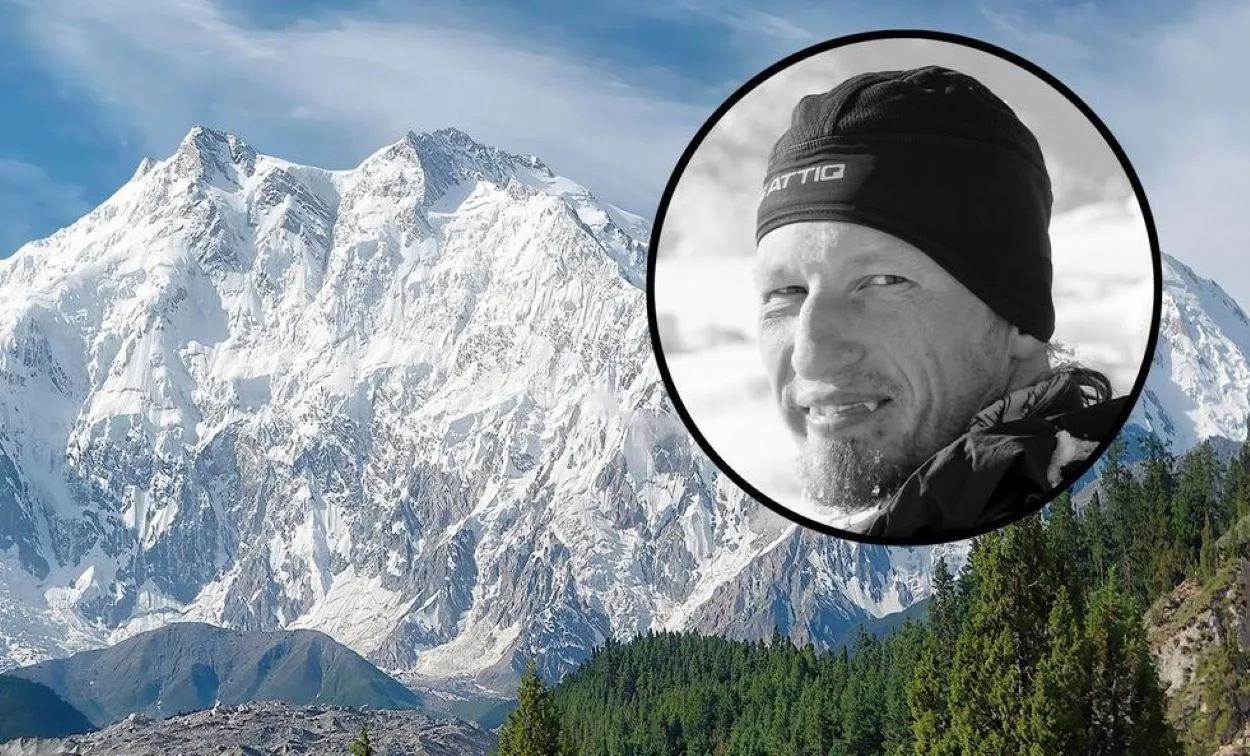Polish mountaineer Pawel Tomasz Kopec tragically passed away due to acute altitude sickness while descending from Nanga Parbat, the world’s ninth-highest peak at 8,126 meters. The Alpine Club of Pakistan (ACP) announced this heartbreaking news on Monday.
Kopec, accompanied by his fellow Polish climbers Piotr Krzyzewski and Waldemar Kowalewski, achieved the significant feat of summiting Nanga Parbat on Sunday. All three climbers accomplished this without supplemental oxygen, attesting to their remarkable endurance and mountaineering skill.
As per the ACP’s statement, while Krzyzewski and Kowalewski managed to safely return to Camp 3 around midnight, Kopec ran into difficulties during his descent due to severe weather conditions. Despite his battle against the harsh elements, Kopec succumbed to exhaustion and dehydration at an altitude of 7,400 meters.
Nanga Parbat’s Notorious Danger
The perilous Nanga Parbat maintains its infamous reputation as one of the five most dangerous mountains globally, with a fatality rate of approximately 21%. Kopec’s death marks the 86th fatality associated with attempts to conquer this formidable peak.
In a separate incident, Asif Bhatti, a Pakistani climber, found himself stranded on the mountain while battling snow blindness during his final summit push. ACP Secretary Karrar Haidri disclosed the situation: “Asif is stuck at camp 4 with snow blindness at an altitude between 7,500 and 8,000 meters. He needs help.”
A helicopter rescue operation is required for Bhatti to receive the necessary assistance. However, for the rescue to be feasible, he must descend to an altitude between 6,000 and 6,500 meters. These events underscore the immense challenges and perils of high-altitude mountaineering, even for the most experienced climbers.






